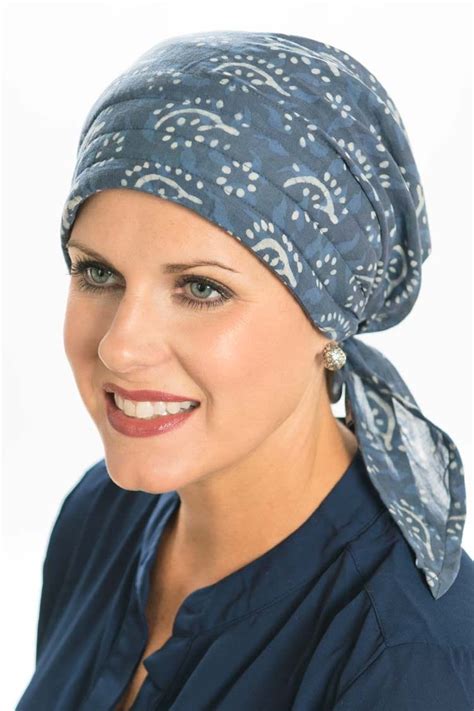Introduction
Hair loss is a common issue that affects millions of people worldwide. While some embrace their baldness, others seek solutions to restore their lost hair. One popular option is wearing a toupee, a hairpiece designed to cover thinning or bald areas. However, the decision between getting a toupee or letting it go can be challenging.

The Pros and Cons of Toupees
Pros:
- Conceals hair loss: Toupees effectively hide thinning or bald spots, restoring confidence and self-esteem.
- Various styles: Toupees come in a wide range of styles, colors, and textures, allowing users to choose the perfect match for their natural hair.
- Non-surgical option: Unlike hair transplants, toupees provide a non-invasive way to address hair loss.
- Removable: Toupees are typically removable, providing flexibility for maintenance and cleaning.
- Versatility: Toupees can be worn in various settings, from formal events to casual outings.
Cons:
- Cost: Toupees can be expensive to purchase and maintain, requiring regular cleaning and styling.
- Maintenance: Toupees require proper cleaning, storage, and potential repairs, which can be time-consuming.
- Discomfort: Some people may experience discomfort or irritation from wearing a toupee, especially for extended periods.
- Detection: Toupees can be difficult to conceal, leading to potential embarrassment or social stigma.
- Social acceptance: Some people may face social judgment for wearing a toupee.
To Consider
Lifestyle:
Individuals with active lifestyles or long work hours may find it challenging to maintain a toupee properly.
Occupation:
Some occupations, such as those involving physical activity or contact with water, may not be suitable for wearing a toupee.
Personal preferences:
Ultimately, the decision to get a toupee or just let it go is a personal one. It’s important to consider individual preferences, lifestyle, and self-confidence.
Alternatives to Toupees
Hair Transplants:
Hair transplants involve surgically removing hair follicles from the back of the head and implanting them into the thinning or bald areas. This is a permanent solution but can be costly and time-consuming.
Medication:
Medications such as minoxidil and finasteride can slow down or prevent further hair loss in some cases. However, they are not effective in all cases and may have side effects.
Laser Therapy:
Low-level laser therapy is believed to stimulate hair growth. However, research on its effectiveness is ongoing.
Common Mistakes to Avoid
- Choosing an unsuitable toupee: Incorrect size or color can make a toupee look unnatural.
- Poor maintenance: Neglecting regular cleaning and styling can damage the toupee and reduce its lifespan.
- Improper attachment: An ill-fitting toupee can slip or cause discomfort.
- Hiding the toupee: Trying to conceal the toupee can make it more noticeable and lead to embarrassment.
- Overuse of styling products: Excessive use of hairspray or gel can damage the toupee and make it appear stiff.
Why Matters
Psychological Impact:
- Hair loss can significantly impact self-esteem and confidence.
- Toupees or other hair loss solutions can restore feelings of self-worth and reduce anxiety.
Social Benefits:
- Individuals with hair loss may face social stigma and discrimination.
- Addressing hair loss can improve social acceptance and opportunities.
Health Implications:
- Severe hair loss can indicate underlying medical conditions.
- It’s important to consult a healthcare professional to rule out any underlying health issues.
Key Statistics
- According to the American Hair Loss Association, approximately 50% of men will experience significant hair loss by the age of 50.
- The global hair loss market is projected to reach $12.7 billion by 2028 (BCC Research).
- Minoxidil (Rogaine) is the most popular hair loss medication, with over 50 million prescriptions filled annually (FDA).
4 Useful Tables
Table 1: Toupee Types by Attachment Method
| Attachment Method | Description |
|---|---|
| Glue | Provides strong hold, but requires professional application and can be harsh on the scalp. |
| Tape | Similar to glue but less permanent and may cause skin irritation. |
| Clips | Easy to apply and remove but may not provide a secure hold. |
| Fusion | Involves bonding the toupee to the scalp using heat or chemicals. |
Table 2: Toupee Materials
| Material | Properties |
|---|---|
| Human Hair | Natural look, requires regular maintenance and styling. |
| Synthetic Hair | Durable, less expensive, less natural appearance. |
| Lace | Transparent base, allows for natural-looking hairlines and partings. |
| Monofilament | Thin, flexible base that mimics human scalp, provides breathability. |
Table 3: Toupee Styles
| Style | Characteristics |
|---|---|
| Full Cap | Covers the entire head, suitable for severe hair loss. |
| Partial Cap | Covers specific areas of hair loss, such as the crown or frontal area. |
| Hairline Piece | Small piece that frames the face and creates a natural-looking hairline. |
| Clip-In Bangs | Provides instant coverage for the front of the head. |
Table 4: Toupee Maintenance Tips
| Maintenance Task | Frequency |
|---|---|
| Cleaning | Every 3-4 days or as needed, using specialized shampoo and conditioner. |
| Combing and Brushing | Daily or as needed, using a wide-tooth comb or soft-bristled brush. |
| Styling | Occasional styling with heat or products, as desired. |
| Re-attachment | As needed, depending on the attachment method and wear frequency. |
FAQs
Q: Can I get a toupee that looks natural?
A: Yes, advancements in technology have allowed for the creation of toupees that can be indistinguishable from natural hair.
Q: How long will a toupee last?
A: The lifespan of a toupee varies depending on the quality, maintenance, and wear frequency, but typically ranges from 6 months to several years.
Q: Is it difficult to maintain a toupee?
A: Maintaining a toupee requires regular cleaning, styling, and potential repairs. However, the specific maintenance routine depends on the type of toupee and individual preferences.
Q: Are toupees only for men?
A: No, toupees are available for both men and women seeking to address hair loss.
Q: How do I find a reputable toupee provider?
A: Look for providers with experience, positive customer reviews, and a willingness to provide personalized consultations.
Q: Are there any alternatives to toupees for hair loss?
A: Yes, other options include hair transplants, medication, laser therapy, and embracing your natural hair loss.
Q: How do I accept my hair loss if I decide not to get a toupee?
A: Focus on self-acceptance, explore hairstyles that minimize hair loss, and seek support from others who understand the challenges of hair loss.
Q: Is it possible to get a toupee that is comfortable to wear?
A: Yes, advancements in materials and attachment methods have led to the development of toupees that are lightweight, breathable, and comfortable to wear all day long.
